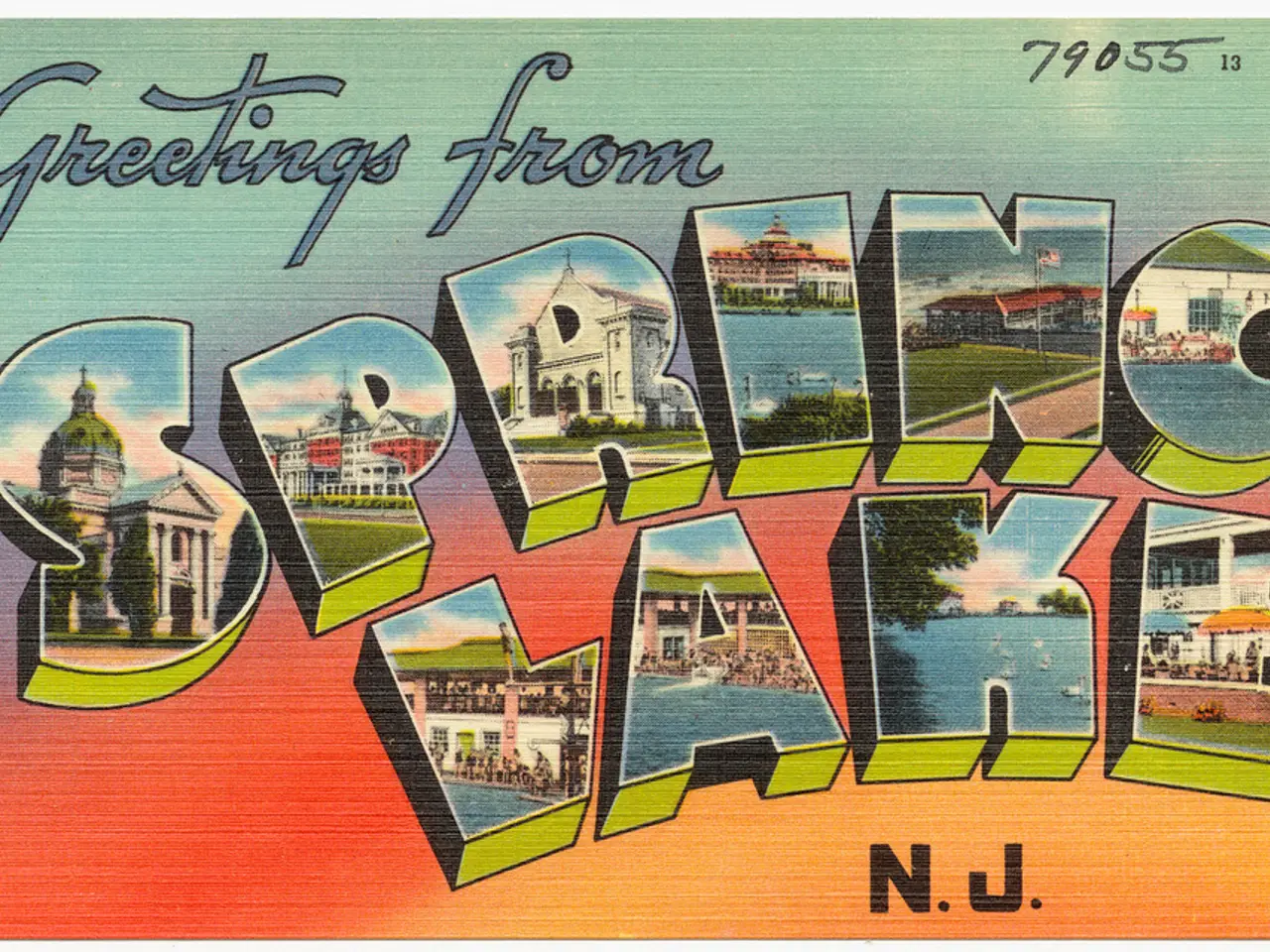Repurposed Containers for Vertical Habitat Communities
In the picturesque town of Plön, Germany, environmental officer Ludwig Askemper has spearheaded a significant conservation project aimed at preserving the swift species. Askemper, who moved to Plön around 2018, brings a diverse set of competencies from his background as a farmer's son, graduate in business administration, marketing professional, and traveler.
Establishing the non-profit association Artenreich Plön, Askemper has raised funds for environmental projects and filled funding gaps. His dedication to the cause is evident in his double honorary role – as the second chairman of the city marketing association and the environmental officer of the city of Plön since April 2024.
A key achievement of Askemper's work has been the installation of 60 swift boxes on public buildings and more than 60 bat boxes on various buildings, financed by Artenreich Plön. This initiative has seen the swift winged summer guests adopt the specially created nesting sites as colony breeders, thanks to the boxes attached to facades at considerable heights.
The success of the swift preservation project in Plön is a testament to the collaboration between Askemper and various organizations. This partnership has facilitated coordinated conservation efforts aimed at protecting the habitats and breeding sites of these birds. Through this collaboration, initiatives were implemented to raise public awareness, engage local stakeholders, and address key threats to swifts, such as the loss of nesting sites in urban areas.
Askemper's vision for Plön extends beyond conservation. He believes that investing in biodiversity can contribute to the city's economy. To this end, he plans to create a QR code on an information board to provide instructions for private homes for citizens to participate in biodiversity efforts.
Moreover, Askemper sees potential for intertwining nature experiences with economically relevant processes, such as optics, lenses, smart hearing aids, or degree programs. He believes that by highlighting Plön's unique features and supraregional significance beyond Schleswig-Holstein, the town can attract tourists interested in a nature experience.
The town of Plön, home to a bustling district office, Aula Am Schiffsthal, and schools, has seen swifts make their homes in newly installed nesting boxes. Many companies see themselves as participants in Plön's biodiversity project due to its positive external perception. Askemper emphasizes the need for expert support and his goal to translate knowledge about biodiversity into action at various interfaces and networks.
In 2025, the environmental officer of Plön, Ludwig Askemper, along with ornithologists and various supporters, contributed significantly to the success of the swift species preservation project. Askemper's belief that involving companies in biodiversity efforts, such as by installing swift boxes, can motivate citizens to participate, has proven to be a successful strategy in Plön. He continues to strive for a sustainable environment for the swift population, while also considering the economy and social aspects in Plön's future development.
Askemper's efforts in creating a QR code for private homes contribute to merging biodiversity conservation with lifestyle choices, thus promoting a home-and-garden friendly environment in Plön. As the institutional partnerships in Plön result in increasing environmental projects like the swift species preservation, this collaboration advances the field of science, particularly in the realm of environmental-science.





